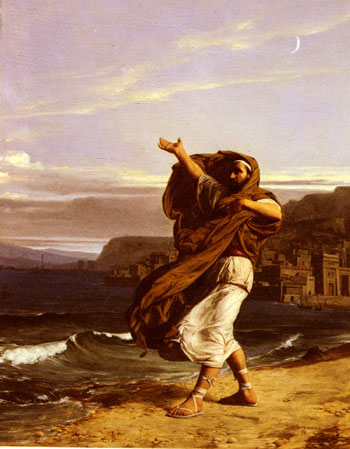Rhetorics: From Classical Rhetoric to Modern Communication
Module Tutors
Dr Caroline Petit
Rhetoric (the art of speaking well, according to Quintilian) pervades all aspects of ancient life (education, public life, politics, literature...) and informs the ways in which the ancients think and express their ideas and their conceptions of the world around. It is also one of the most enduring areas of ancient knowledge and a key component of literary criticism throughout the ages, a topic that is still taught in modern universities: in an age of intense communication ("spin", even) in politics, trade, science and campaigning more generally, studying the ancient roots of "rhetoric" invites critical reflection on the world we live in and the possibilities to maintain or negotiate freedom despite bad faith, demagogy and the so-called "alternative facts".
The syllabus will explore in turn (1) the place of rhetoric in ancient society, (2) the power of rhetoric in ancient literature, (3) rhetoric in question (is rhetoric about truth or deceit?), and finally (4) the non-classical or post-classical takes on ancient rhetoric (semitic rhetoric; modern theories of argumentation, literary criticism, communication).

